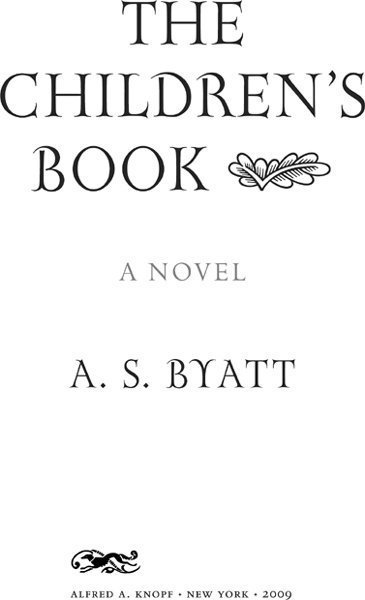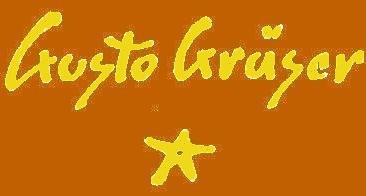|

What Antonia Susan Byatt writes on Monte Verità and its people:
" ... German earth is different, though
Germans at this time, in a largely landlocked country, under its Kaiser
with maritime ambitions, also felt the huge pull of earthly nostalgia.
Germans, until the twentieth century, had lived in small walled cities,
between which extended their Wald—not Robin
Hood’s hiding-place in the greenwood, but miles and miles of Black
Forest, sombre forest, alien forest, haunted by creatures and presences
altogether more dangerous and threatening than Pucks, boggarts and that
squat nasty fairy, Yallery Brown, stuck in the Lincolnshire mud.
Germans went back to the earth. They went hiking and singing up
mountains, into the Wood. They were Wandervögel,
going back to Nature (an ambivalent goddess). They too, camped by lakes
and plunged naked into their depths. They became vegetarians, and
wandered the streets of Munich and Berlin in earthy garments,
wholesomely constructed by killing only vegetables. They worshipped the
Sun, and the earth mothers who had preceded patriarchy.
The inhabitants of Schwabing retreated,
or progressed, to the community of saints, artists, and nature-lovers
on the Mountain of Truth, the Monte Verita,
in Anconà (Webmaster's
note: should read Ascona), beside a Swiss lake. Here in 1900
came Gusto
Gräser, a poet who played with his name, which meant grasses,
and said he was in search of roots, the roots of plants, roots to eat,
the roots of words, the roots of civilisations and mountains. He
eschewed not only meat, but metal, which he believed should be left
inside the earth, in its place, inside rocks. He lived in caves and
slept in wayside chapels. His brother, also believing that the use of
metal implied mines, miners, foundries, armaments, guns and bombs, made
a house of wood, using its natural sproutings and forkings as forms. He
lived there with Jenny Hoffman, who wore date stones, for buttons, on
her clothes. They danced there. Rudolf Laban later led his chain of
naked maenads celebrating sunrise by the lake, in the meadows. Lawrence
and Frieda came there, Hermann Hesse and Isadora Duncan. The anarchist
Eric Mühsam came and the psychoanalyst Otto Gross, whose father, a
criminologist, wanted him locked up for lewdness and drugs. Everyone
wore sandals, like pilgrims, like apostles, like ancient Greeks. ..."
Share "The Children's Book":
Download for iPad/iPhone  (788 KB) (788 KB)
Download for NOOKcolor  (788 KB) (788 KB)
Download for Literati/Kobo  (788 KB) (788 KB)
|

